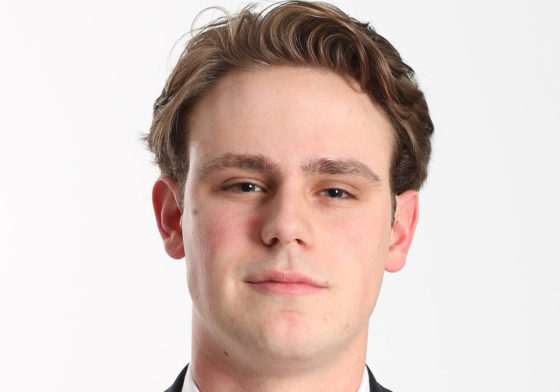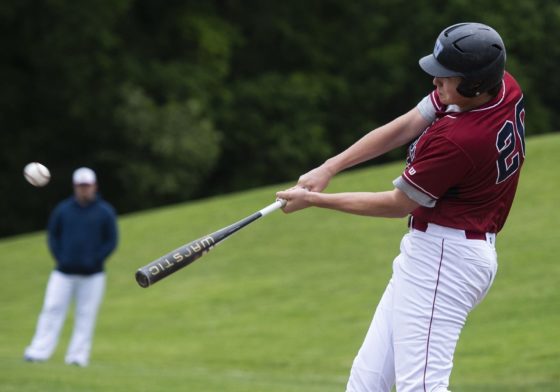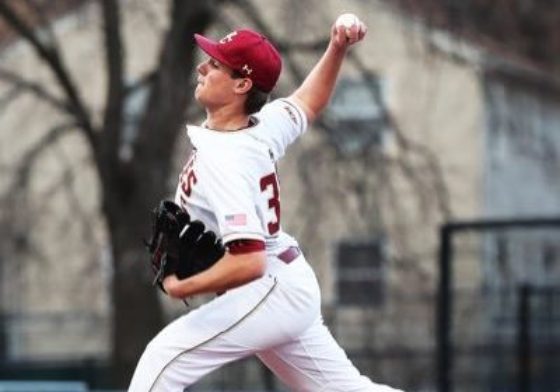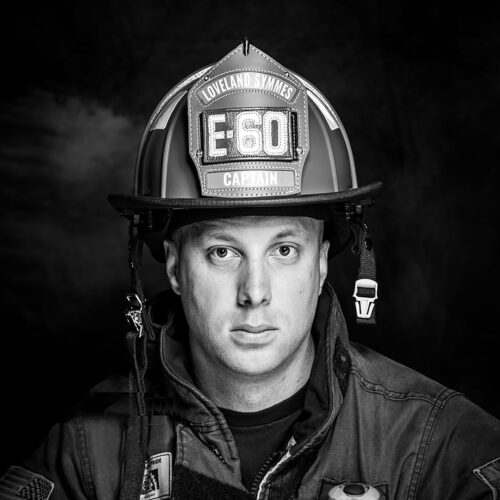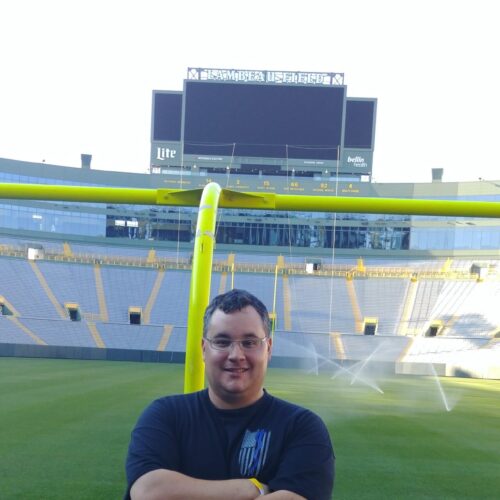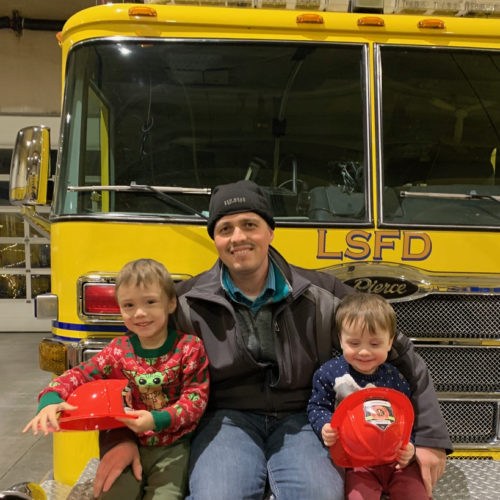As a baseball player at Boston College, my schedule was incredibly rigorous. The team would lift in the gym from 7:00–9:00 in the morning, head to classes from 9:00–1:00, practice from 2:30–5:30 and then have study hall for the rest of the night. Given the demands of the day, it is very common for players to feel tired.
In September of my sophomore year, when I started to feel more sluggish than usual, I figured that the schedule had just caught up with me. But, by October, the fatigue had worsened. I was sleeping 12–14 hours a day, adjusting my schedule to sleep as much as possible, falling asleep during classes or missing classes altogether.
I have a very open relationship with my parents and let them know what was going on. I was tested for mononucleosis, and despite testing negative, I had all the classic symptoms, so my doctor diagnosed me with mono. The incredible fatigue continued, and I had to drop one of my classes. I started to feel really down and even wondered if maybe I was just lazy, despite being an active person my whole life.
I traveled home for Thanksgiving, and I shared with my parents that I thought something was seriously wrong. During my visit, I started to get extreme, sharp pain in my abdomen, like someone had punched me. Eventually, the pain went away, but a few days later, I felt a lump in my testicle while in the shower. I told my parents immediately.
My father had a friend who died at 16 from testicular cancer. He and my mom, who is a nurse, knew not to wait and took me immediately to get checked. Blood tests revealed that I had stage I embryonal carcinoma, a fast-growing form of testicular cancer. Had I waited even a month longer, I would have had to undergo much more aggressive treatment. After finishing chemotherapy, I proudly had the last day of treatment tattooed on my arm with my friend Asa Floyd, who is also a cancer survivor. I should be back to 100% for the next baseball season.
As I head into my junior year of college, cancer-free, I am eager to share what I have learned. Young people, people who are healthy and active, are not invincible and should always pay attention to changes in their health. Don’t ignore symptoms or something unusual, and advocate for yourself if you feel the answers you are getting from healthcare professionals aren’t right. You know your body best, and an early diagnosis can greatly increase your chance of survival and lessen the need for aggressive treatment.
Symptoms
- extreme fatigue
- sharp abdominal pain
- lump on testicle
Want to Share a Story?
If you or a loved one has a cancer story that you would like to share, please contact us.
